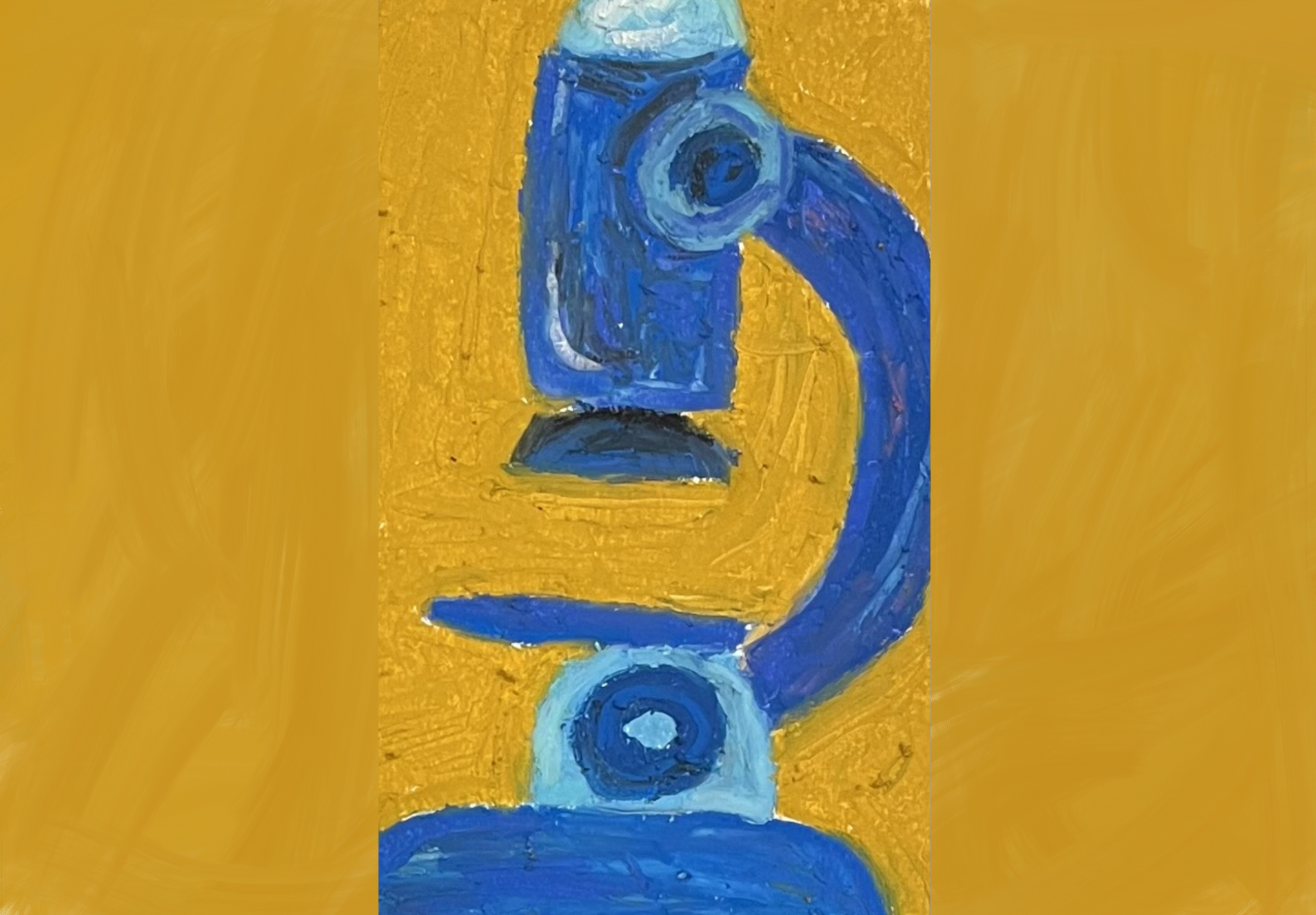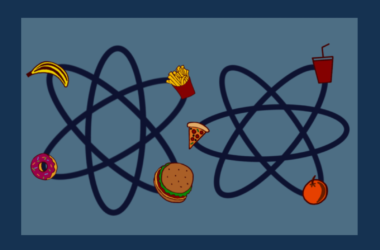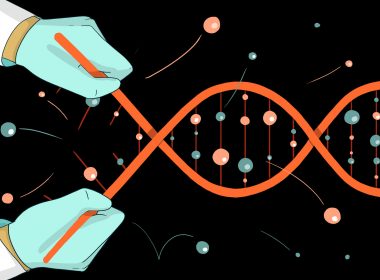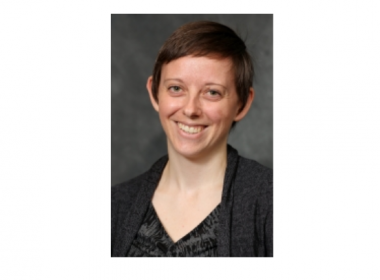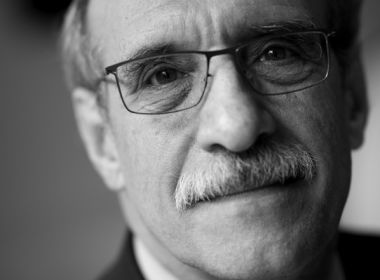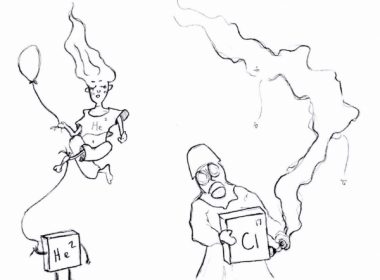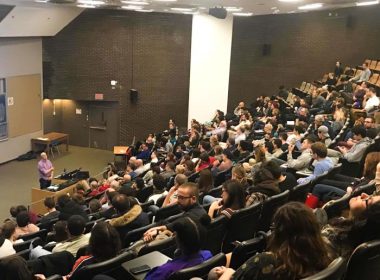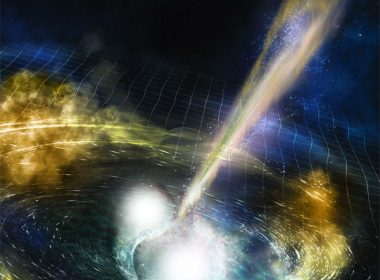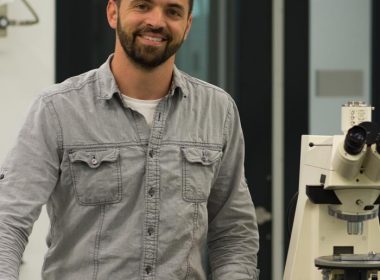A promising new approach to combating eczema could help millions of patients who are left unsatisfied by current treatments. The key may lie in transcription factors—a solution that was previously considered impossible. On Nov. 19, members of the McGill Department of Chemistry gathered in the Otto Maass Chemistry Building where[Read More…]
Tag: chemistry
The ‘World of Chemistry’ courses: Why are they so popular?
Word around campus is that if you’re looking for an easy elective to fit into your schedule, Professors David Harpp and Joe Schwarcz’s World of Chemistry Courses are for you. The dynamic duo, Chemistry of Foods (CHEM 181) and Chemistry of Drugs (CHEM 183), have consistently been some of the[Read More…]
CRISPR-Cas9: The gene editing tool that has revolutionized molecular biology
It all began with bacteria: The observation and study of these single-celled organisms in the early 1980s allowed scientists to get a glimpse of the bacterial genome. In bacterial DNA, researchers found a class of repetitive nucleotide sequences, which they called Clusters of Regularly Interspaced Short Palindromic Repeats, or CRISPR.[Read More…]
In conversation with Laura Pavelka
International Women’s Day on March 8 recognizes the accomplishments of women in various fields all over the world. The International Women’s Day website describes the day as an opportunity to “[celebrate] the social, economic, cultural and political achievements of women.” While all of these are important pursuits that should be[Read More…]
Nobel Prize winner in Chemistry inspires McGill students
On Sept. 26, a sea of undergraduate and graduate students packed into the Pollack Hall auditorium. They were there to listen to Martin Chalfie, an acclaimed geneticist and winner of the 2008 Nobel Prize in Chemistry, speak about his discovery of the green fluorescent protein (GFP). GFP is a bioluminescent[Read More…]
Elementary, my dear Watson
Everything is made of something. Books are made of pages, which are made of paper, which is made of wood. All of these items are made up of molecular complexes that break down into tiny atoms. What differentiates these atoms from one another is the number of subatomic particles, protons[Read More…]
AstroMcGill talk sheds light on the Big Bang
The universe is comprised of billions of galaxies—encompassing all of space, all of time, and all of its contents. It all started with a Big Bang 13.8 billion years ago. On Nov. 16, particle physicist and cosmologist Oscar Hernández spoke about the Big Bang at AstroMcGill’s event Where, When &[Read More…]
Gravitational waves when neutron stars collide
A global effort, with contributions by McGill astrophysicists including Assistant Professor of Physics in the McGill Space Institute (MSI), Daryl Haggard, and postdoctoral researcher Melania Nynka, has detected gravitational waves coming from the collision of two neutron stars in orbit. Among the many implications of this discovery, the origin of[Read More…]
SUS Deliberates Executives and Cocurricular Events
On Sept. 20, the Science Undergraduate Society (SUS) General Council held its second meeting of the academic year. On the agenda was the announcement of available positions within the Society, responses to the increase in club activity, and comments on upcoming academic initiatives. New Student Positions to be Filled[Read More…]
Building sustainable materials inspired by nature
On Sept. 14 at Soup and Science, students were made privy to the exciting field of Sustainable Materials Chemistry, as presented by Matthew Harrington, an assistant professor in the Department of Chemistry. “Since 1950 we’ve accumulated over five billion metric tonnes of plastic in our environment and landfills with a[Read More…]
